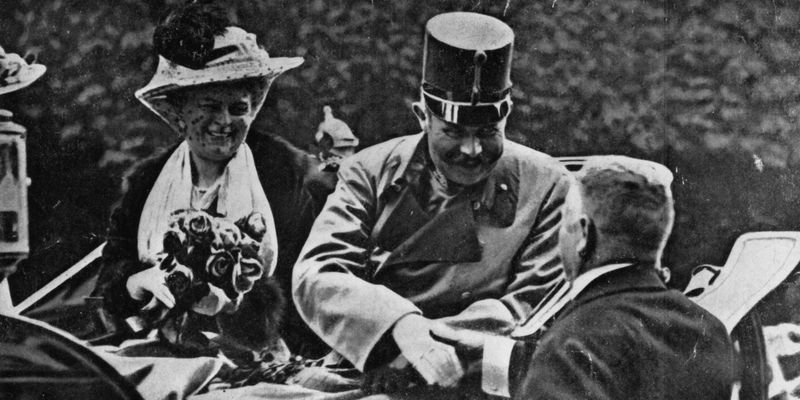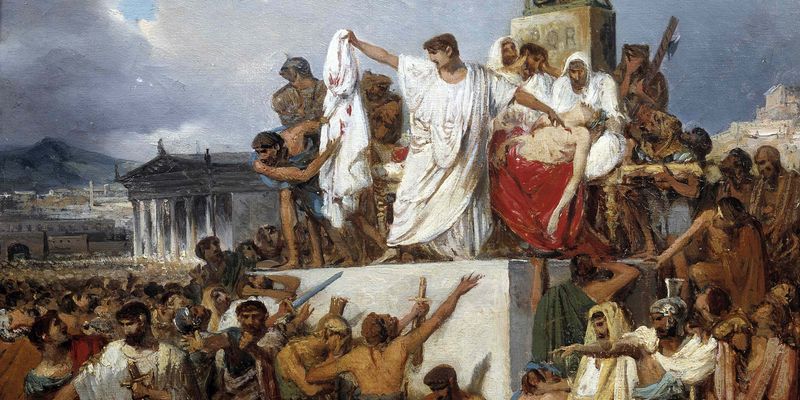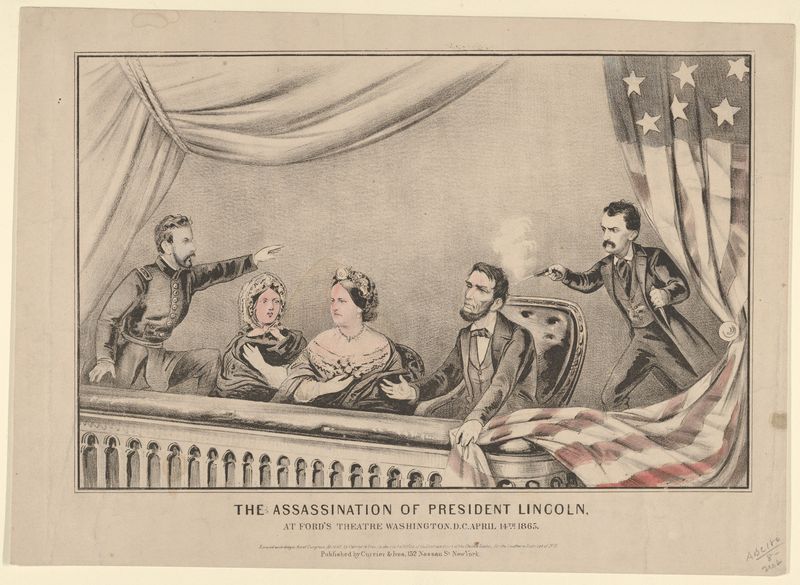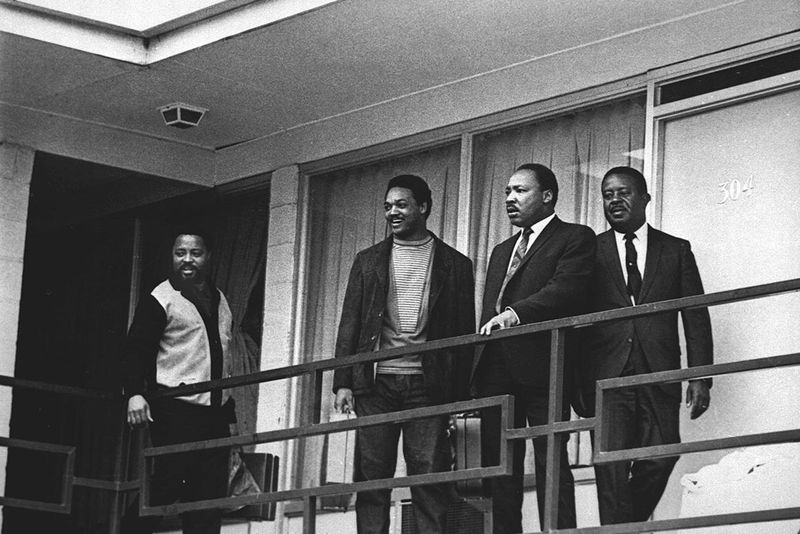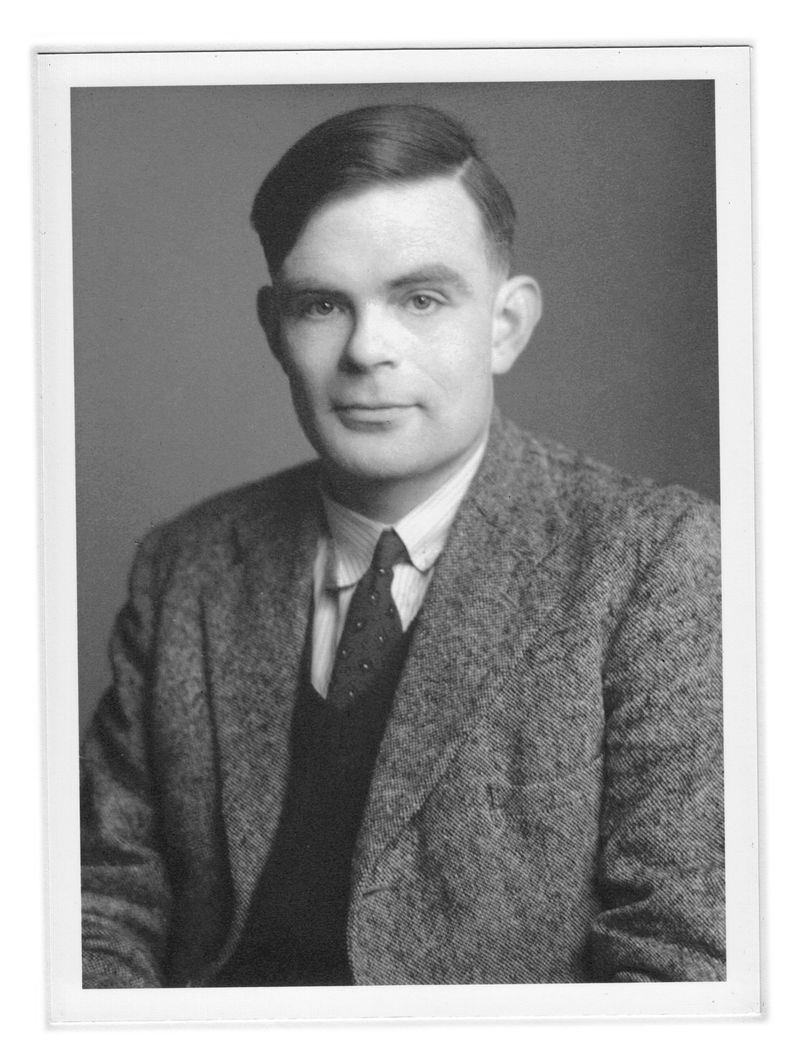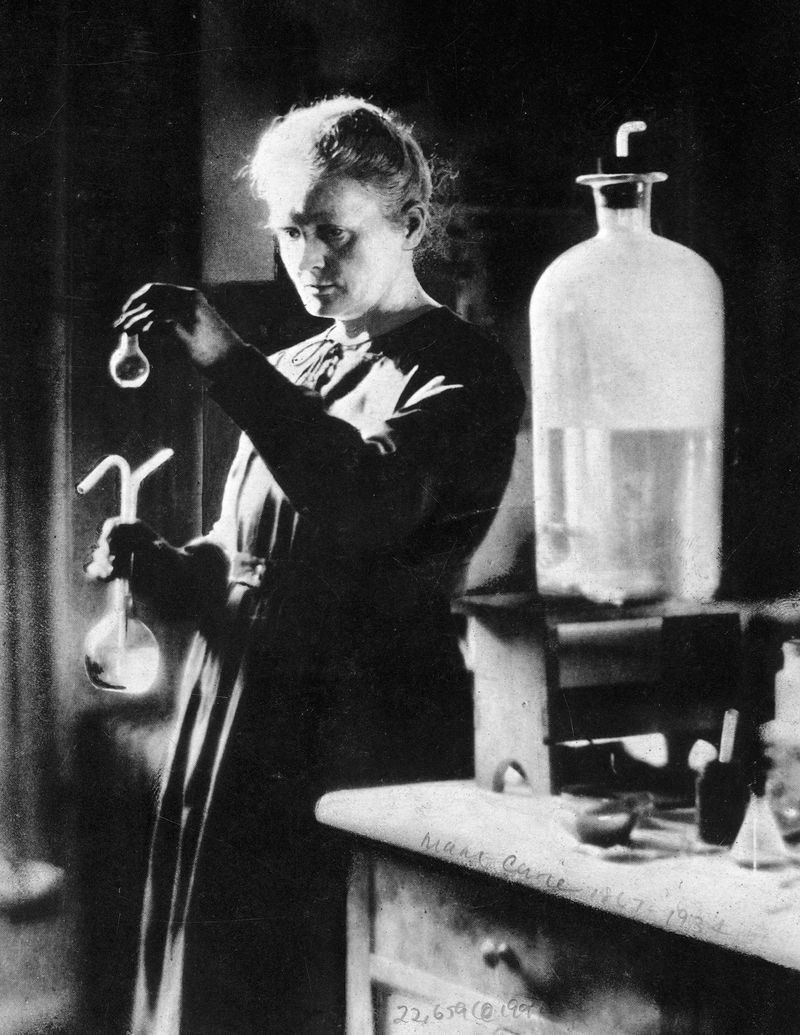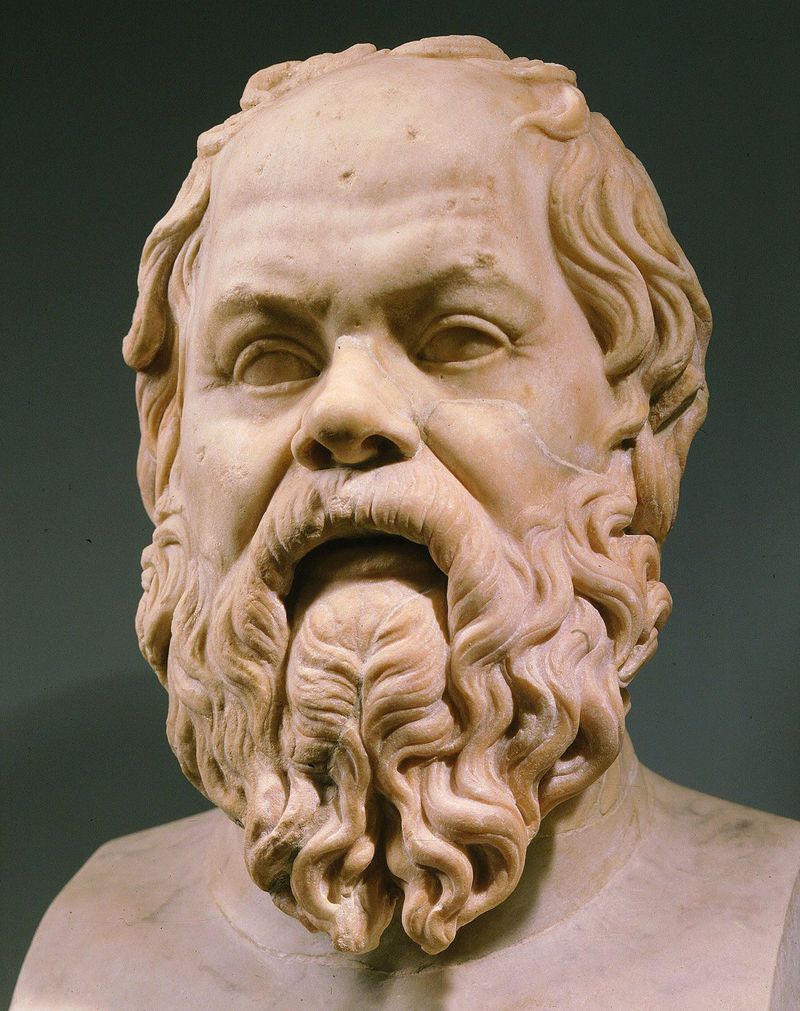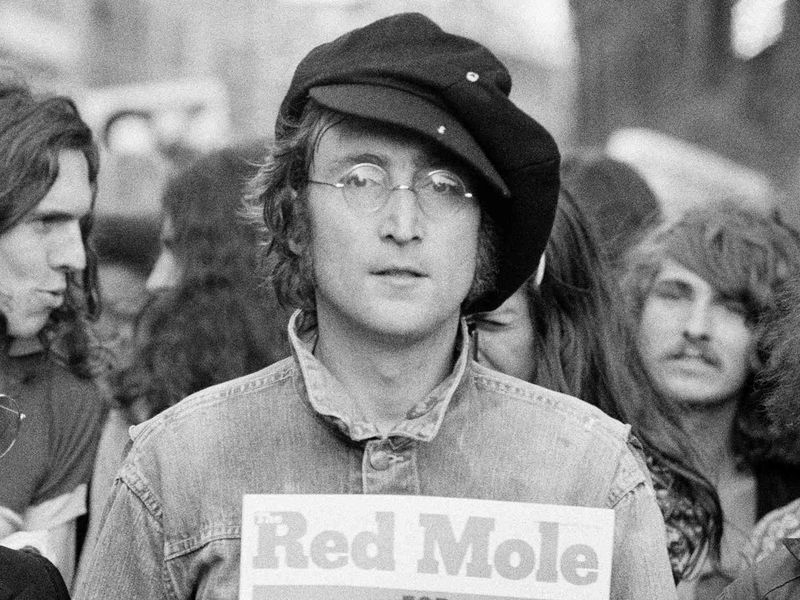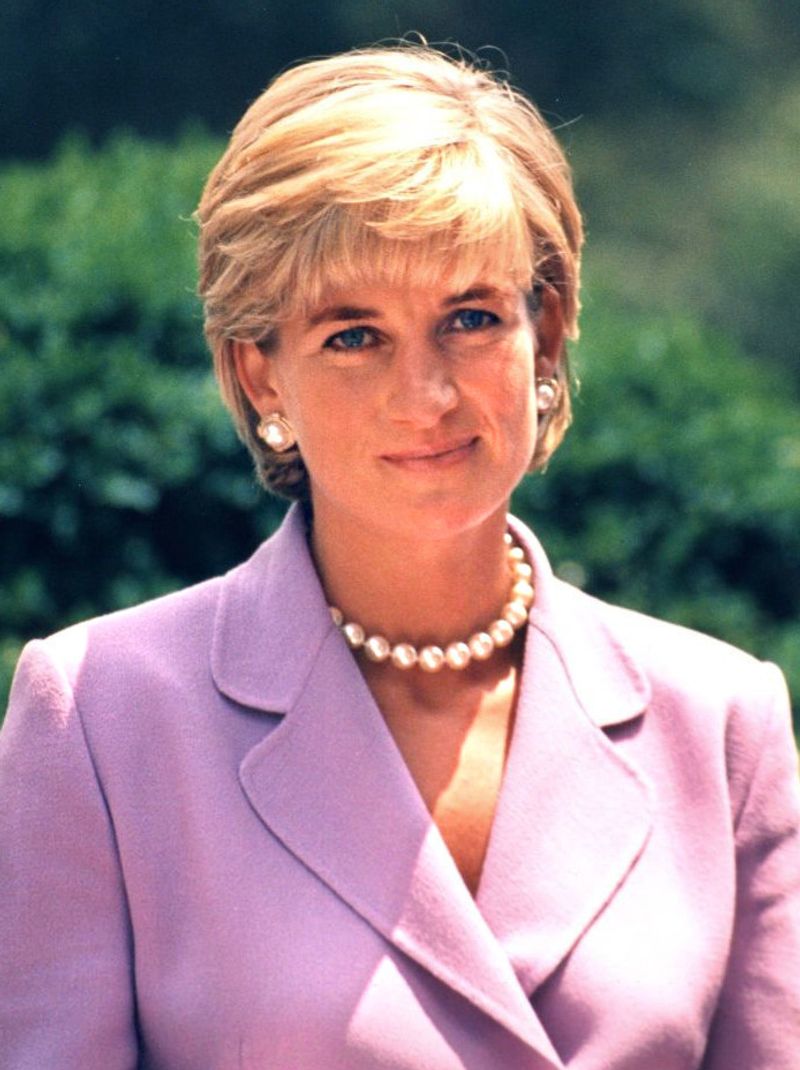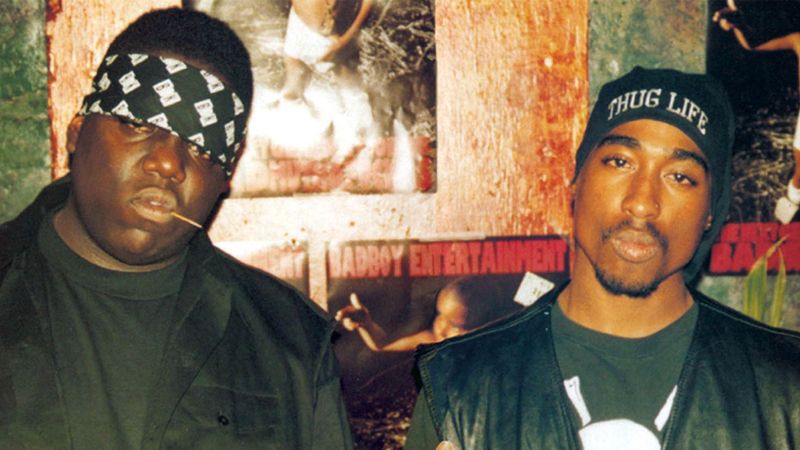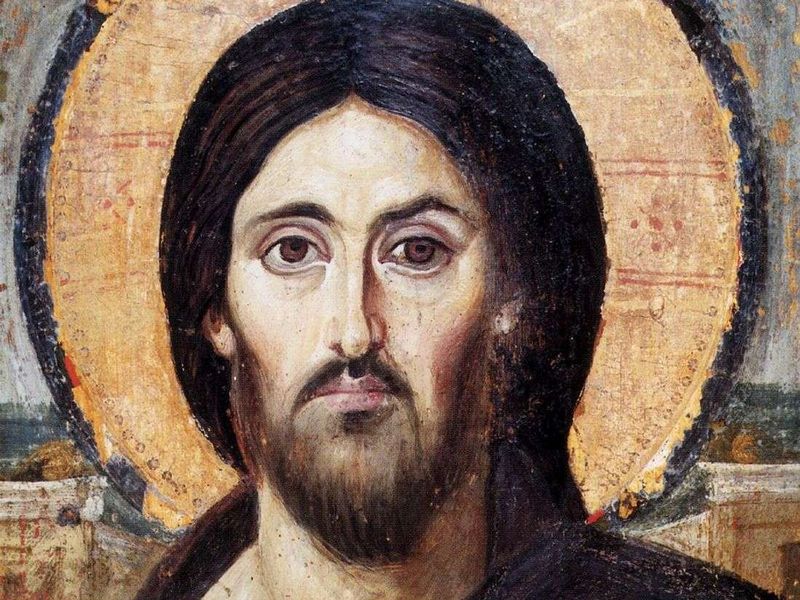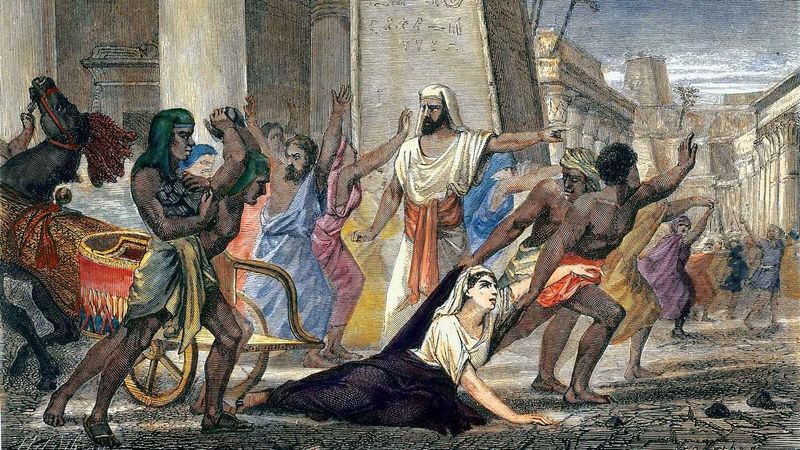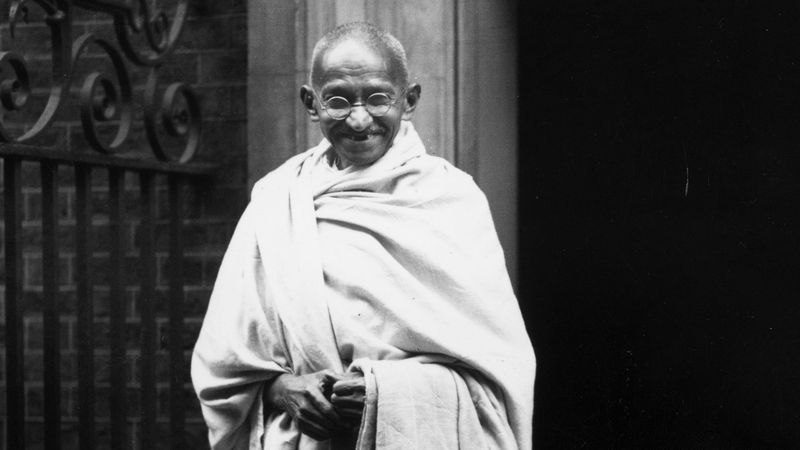Throughout history, certain individuals’ deaths have triggered profound changes, reshaping societies and influencing the course of events. From political figures whose demise sparked wars to cultural icons whose passing marked the end of eras, these 15 people left an indelible mark on the world. Their legacies continue to influence modern society, politics, and culture in surprising ways.
1. Archduke Franz Ferdinand (1914)
The assassination of Archduke Franz Ferdinand of Austria in 1914 is often cited as the spark that ignited World War I. This pivotal event set off a chain reaction of alliances and conflicts, reshaping geopolitical borders. The assassination led to Austria-Hungary declaring war on Serbia, drawing in allies and adversaries alike.
Over four years, the war claimed millions of lives and significantly altered the political landscape. The conflict’s resolution sowed the seeds for World War II, forever changing the global order. His death marked the end of an era and the beginning of modern warfare.
2. Julius Caesar (44 BCE)
On the Ides of March, 44 BCE, Julius Caesar’s assassination in Rome had profound consequences for the Roman Republic. A group of senators, fearing his growing power, conspired to eliminate him, believing they were saving the Republic.
However, Caesar’s death led to the rise of Augustus and the establishment of the Roman Empire. The Republic’s transformation into an empire reshaped government and culture for centuries. His assassination symbolizes power struggles and political change, illustrating the impermanence of political systems. His legacy persists in modern political thought and historical study.
3. Abraham Lincoln (1865)
Abraham Lincoln, the 16th President of the United States, was assassinated in 1865, an event that shocked a nation weary from civil war. His death occurred during the fragile Reconstruction era, aiming to reunite and rebuild the war-torn country.
Without his leadership, efforts to secure racial equality and civil rights faced significant setbacks. Lincoln’s vision for a united America, free from slavery, was left unfulfilled for decades. His assassination underscored the persistent divisions within American society, leaving a legacy of both hope and unrealized potential.
4. Martin Luther King Jr. (1968)
Martin Luther King Jr.’s assassination in 1968 was a watershed moment in the civil rights movement. His death incited widespread riots across American cities, reflecting the anger and frustration of a nation still grappling with racial injustice.
King’s assassination hastened the passage of the Fair Housing Act, a testament to his enduring impact on civil rights legislation. Despite this progress, his death left a leadership void in the movement, highlighting ongoing struggles for equality. King’s legacy of nonviolent protest and eloquent advocacy continues to inspire global movements for justice.
5. Alan Turing (1954)
Alan Turing, a brilliant mathematician and codebreaker, died in 1954 under tragic circumstances, having been persecuted for his homosexuality. His death at a young age stalled potential advancements in computer science.
Turing’s work during World War II, including breaking the Enigma code, significantly influenced the war’s outcome. Despite his groundbreaking contributions, society’s treatment of him highlighted pervasive prejudice. Turing’s legacy endures, as he is celebrated as a pioneer of artificial intelligence. His life and death underscore the interplay between innovation and social justice.
6. Marie Curie (1934)
Pioneering scientist Marie Curie’s death in 1934 from radiation exposure highlighted the dangers of her groundbreaking research. As the first woman to win a Nobel Prize, her contributions to radioactivity reshaped scientific understanding.
Curie’s work laid the foundation for advancements in nuclear physics and medicine, but her untimely death underscored the need for safety measures in scientific research. Her legacy of perseverance and discovery continues to inspire generations of scientists. Curie’s achievements paved the way for women in science, breaking barriers and setting new standards.
7. Socrates (399 BCE)
Socrates’ execution in 399 BCE marked a pivotal moment in Western philosophy. Charged with corrupting the youth and impiety, his trial and death by hemlock challenged notions of free thought and expression.
Socrates’ method of questioning laid the groundwork for the Socratic method, a cornerstone of philosophical inquiry. His death transformed him into a martyr for intellectual freedom, influencing generations of thinkers. The legacy of Socrates endures, emphasizing the value of questioning and dialogue in the pursuit of truth. His life and death continue to inspire philosophical exploration.
8. John Lennon (1980)
John Lennon’s assassination in 1980 marked a profound loss for music and culture. As a member of The Beatles, Lennon helped redefine popular music, and his solo work embodied the spirit of the 1960s.
His death symbolized the end of an era of idealism and peace advocacy. Lennon’s murder intensified debates around gun control and personal security, resonating with global audiences. His legacy as an artist and activist continues to inspire musicians and peace movements, highlighting music’s power to evoke change. Lennon’s influence endures, bridging generations through his timeless melodies.
9. Princess Diana (1997)
Princess Diana’s tragic death in 1997 marked a turning point in how the public perceived the media and the British royal family. Known for her humanitarian work, Diana’s untimely death in a Paris car crash highlighted the invasive nature of paparazzi.
Her passing prompted a reevaluation of media practices and led to changes in royal family public relations. Diana’s legacy of compassion and charity work lives on, inspiring global humanitarian efforts. Her death catalyzed conversations about privacy, responsibility, and the power of public figures to influence positive change.
10. Tupac Shakur & Biggie Smalls (1996–1997)
The murders of iconic rappers Tupac Shakur and Biggie Smalls in the mid-1990s left an indelible mark on hip-hop culture. Their deaths intensified the East Coast vs. West Coast rap rivalry, highlighting issues of violence and rivalry in the music industry.
Both artists left behind a legacy of influential music and cultural impact, shaping the genre’s evolution. Their untimely deaths sparked debates on the role of media in exacerbating conflicts. As pioneers in hip-hop, their music continues to resonate, reflecting themes of struggle, identity, and social justice.
11. Jesus Christ (~30 CE)
The crucifixion of Jesus Christ around 30 CE was a transformative event in world history. As the central figure of Christianity, his death and resurrection laid the foundation for a major world religion.
Christianity’s spread reshaped cultural, social, and political landscapes across continents, influencing countless lives and societies. Jesus’ teachings of love, compassion, and forgiveness continue to resonate with billions. His life and death symbolize hope and redemption, inspiring religious and philosophical thought for over two millennia. The legacy of Jesus Christ endures in spiritual and cultural discourse.
12. Hypatia of Alexandria (415 CE)
Hypatia of Alexandria, a brilliant philosopher and mathematician, was brutally murdered in 415 CE by a Christian mob. Her death symbolized the decline of classical knowledge and the rising influence of religious dogma over intellectual pursuits.
As a woman in a male-dominated field, Hypatia’s work in mathematics and philosophy broke barriers. Her legacy as a scholar and teacher endures, inspiring future generations of thinkers. The tragic end of Hypatia’s life highlights the tensions between reason and faith, illustrating the complexities of cultural transitions in history.
13. Osama bin Laden (2011)
The death of Osama bin Laden in 2011 marked a significant milestone in the fight against terrorism. As the mastermind behind the September 11 attacks, his demise was a symbolic victory for global security efforts.
While his death ended a chapter in the War on Terror, it also fueled the rise of new extremist movements. Bin Laden’s legacy of terror and violence continues to impact international relations and security policies. His death underscored the ongoing challenges of combating terrorism and the complexities of global conflict.
14. George Floyd (2020)
George Floyd’s murder in 2020 catalyzed a global movement for racial justice and police reform. His death, captured on video, sparked widespread protests under the Black Lives Matter banner, highlighting systemic racism and police brutality.
The international response underscored the urgency of addressing inequality and injustice. Floyd’s name became synonymous with calls for change, inspiring legislation and reforms. His death reshaped conversations around race and equity, reflecting a pivotal moment in history. Floyd’s legacy endures, reminding society of the ongoing struggle for justice and human rights.
15. Mahatma Gandhi (1948)
On January 30th, 1948, the world bid farewell to Mahatma Gandhi, the beacon of nonviolent resistance. His assassination shocked a nation that had only recently gained independence from British rule. Gandhi’s philosophy of peaceful protest inspired civil rights movements across the globe.
With his death, India faced communal tensions that threatened to undo his life’s work. Yet, his legacy of nonviolence and truth prevailed, influencing leaders like Martin Luther King Jr. and Nelson Mandela.
Did you know? Gandhi was nominated for the Nobel Peace Prize five times but never won. His life remains a testament to peaceful rebellion.

